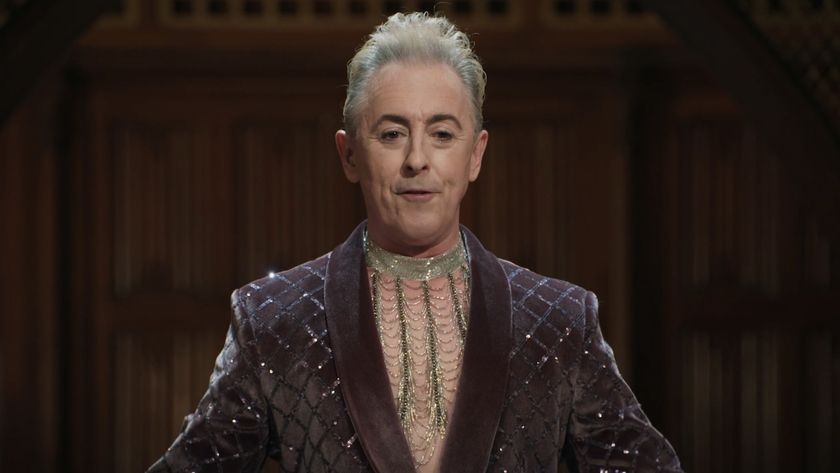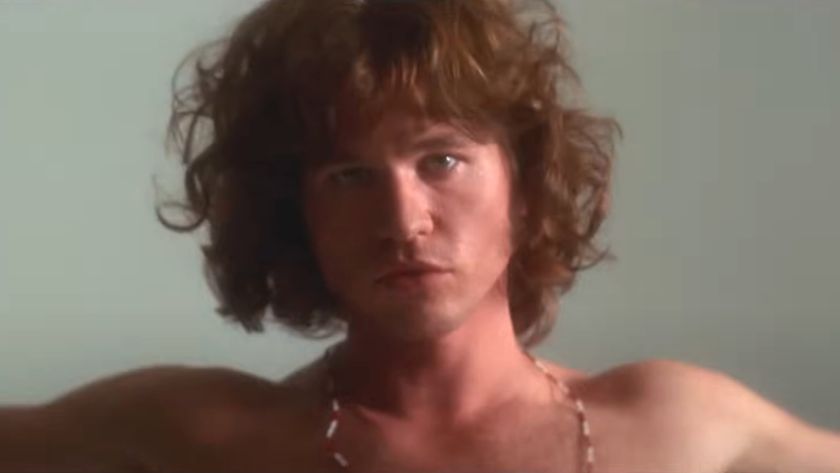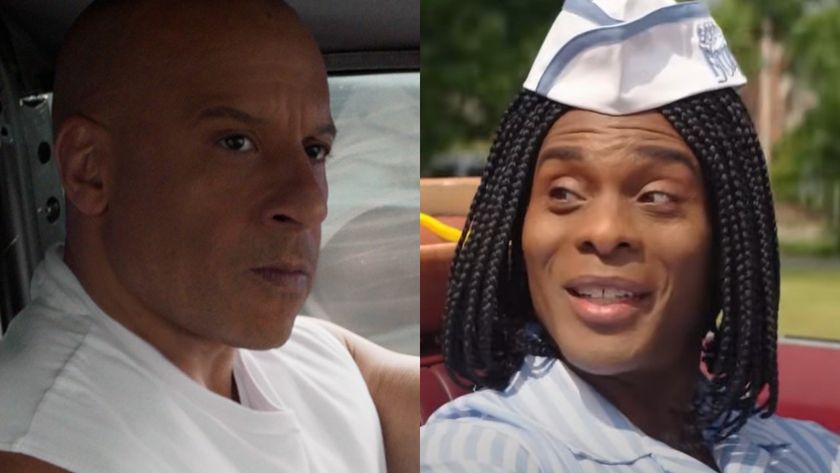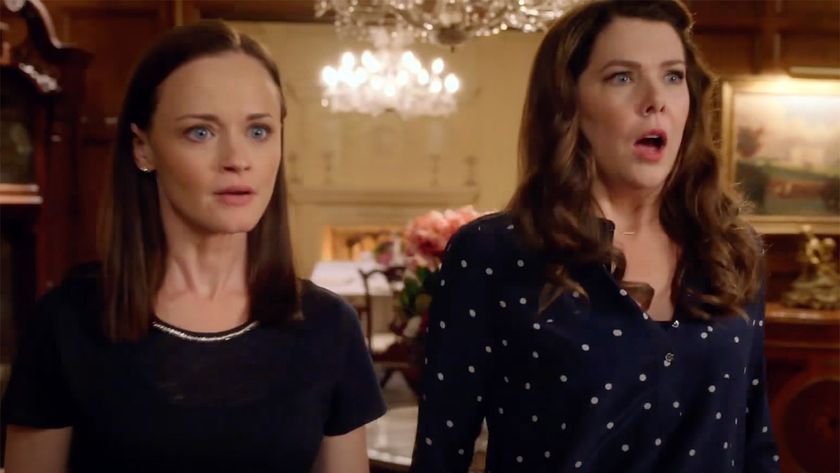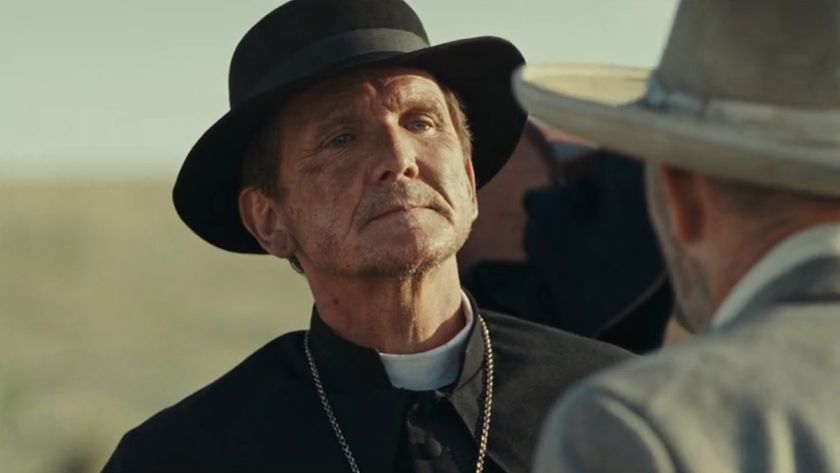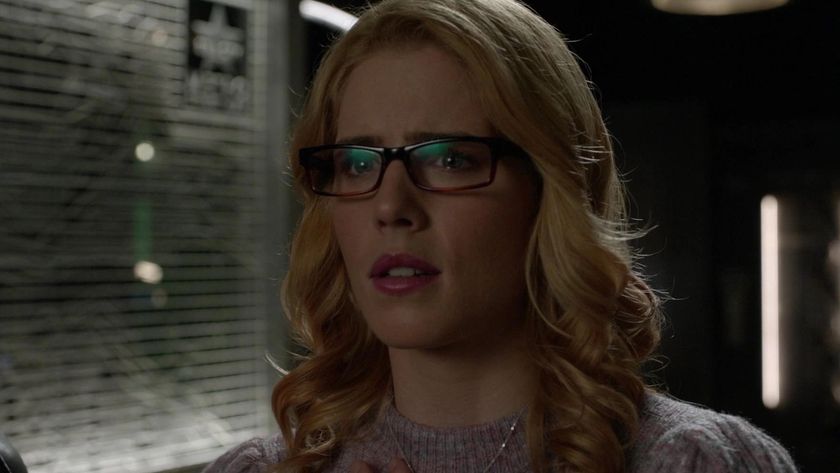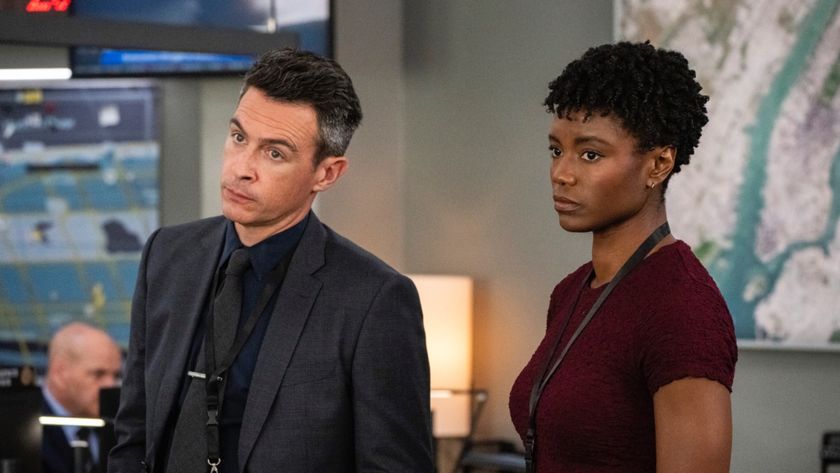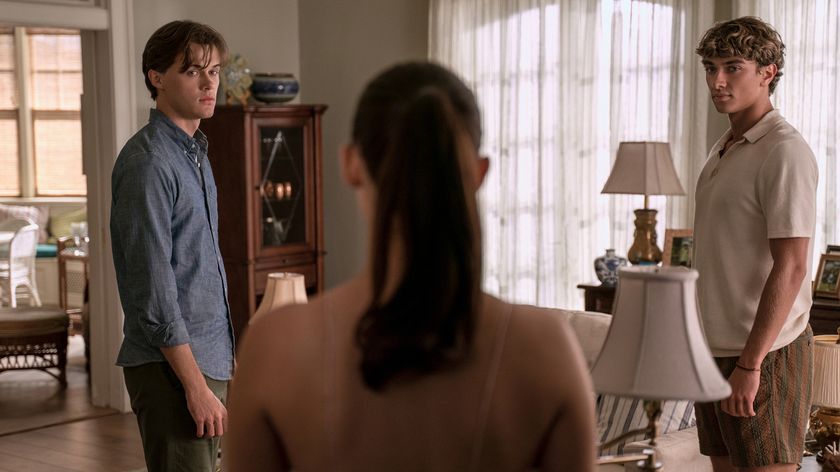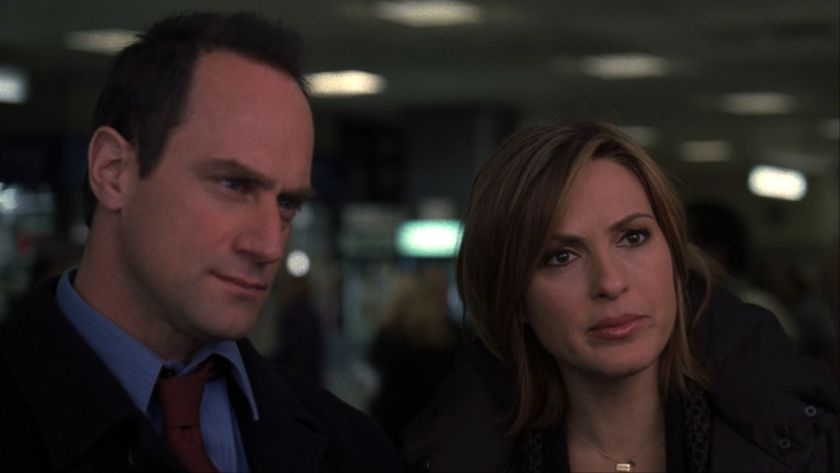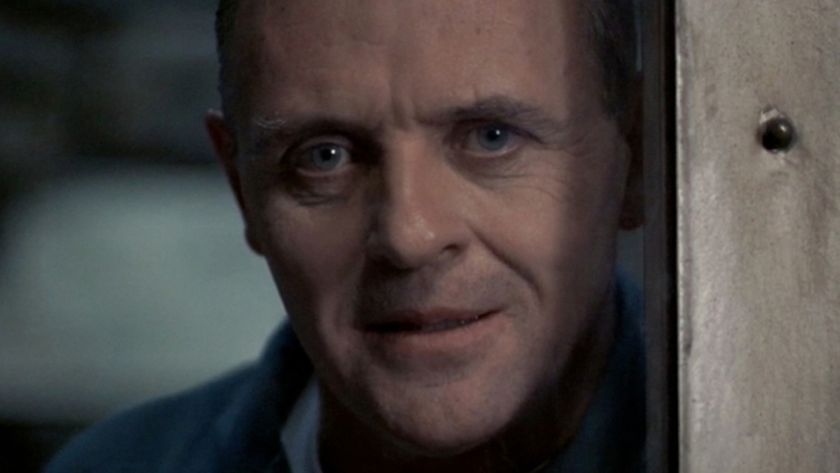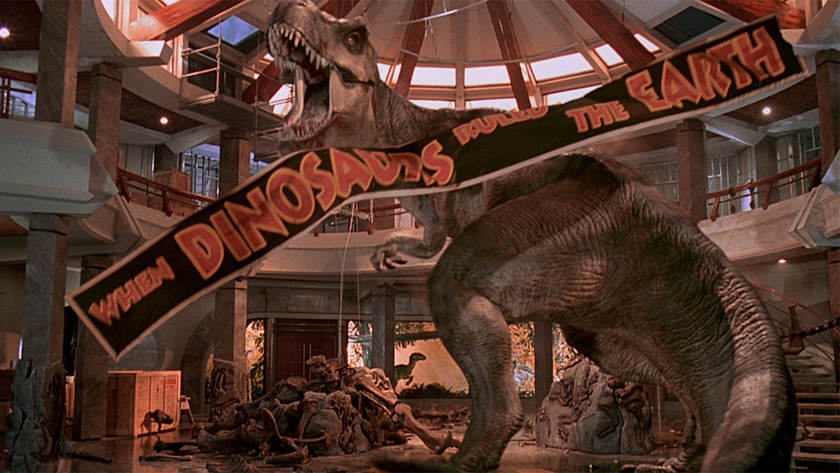7 Lessons The Film Industry Can Learn From Summer 2016
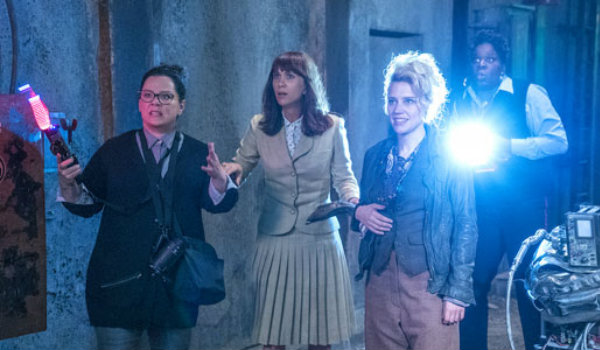
Every year, like clockwork, the summer blockbuster season comes and goes. We consider some films winners, and we consider some films losers; it's one of the most fun aspects of being a film buff. That being said, we have to say that this summer stood apart from many previous blockbuster seasons in a very specific way. Definitively, and without hesitation, I am going to make the claim that the summer of 2016 proved itself to be a serious disappointment for many moviegoers.
So many respectable franchises came to the table this year, but very few had anything of substance to offer. Don't get me wrong, some great movies hit theaters over the last few months, but the film industry needs a serious shot in the arm before the next blockbuster season rolls around. We've compiled a list of the seven lessons that Hollywood can learn from this summer. Check out our entries and let us know what else you think the film industry needs to figure out. Now let's get the ball rolling with something that we've been saying for years...

Not Everything Deserves A Sequel
Every summer we receive a ton of sequels that seemingly nobody asked for, but 2016 really showed how flawed that system has become. Two of the most prime examples of this phenomenon came with the releases of Independence Day: Resurgence and Now You See Me 2. As follow-ups to generally well-regarded standalone movies, most audiences still found these sequels to be superfluous, and the overwhelmingly negative critical reaction reflected that notion. Both films profited at the global box office, but neither could be considered a breakout success in any capacity. In an era defined by the $1 billion blockbuster, Resurgence making $380 million against a $165 million budget should tell the industry everything it needs to know. Dear Hollywood, we know sequels are easy, but not every story deserves a continuation.

But Some Sequels Are Worth Waiting For
Then again, there are sequels that audiences actually DO ask for, and those can be well worth the anticipation if executed properly. We waited over a decade for Finding Dory to hit theaters, and just about anyone who saw that would tell you that the sequel to Finding Nemo offered a heartwarming and respectful follow-up to the events of the 2003 classic. The sequel brought all of the key elements from the original back, while still carving out enough of a unique niche to make a sequel ultimately feel worth it in the end. Finding Dory proves that sequels are still worthwhile endeavors, but only if audiences want them, and the team behind the project is willing to put in the effort to ensure a high-quality product. That's a big distinction that needs to be made when deciding whether or not to give a project the green-light.

Standalone Stories Still Work
Continuing with the theme of franchises, the summer of 2016 provided a lesson that every single popular film series should take note of: standalone, self-contained stories still work. No film epitomized that idea more than Star Trek Beyond. Although Beyond is the third installment in a wildly popular rebooted continuity, it doesn't go out of its way to address too many hanging plot threads from previous films, or even plant seeds to be harvested in a later movie. It's a tight, self-contained movie that's legitimately better for not worrying so much about continuity. In an age focused on cinematic universes and forward momentum, more franchises need to take note of this and offer up increased standalone movies. Worry about today's story today, and worry about tomorrow's story tomorrow.

Some Beloved Classics Actually Are Untouchable
Paul Feig's Ghostbusters was fine. It wasn't great, but it also wasn't nearly as bad as the pre-release haters would want you to believe. However, in the end, none of that mattered. Audiences had such a negative opinion of the Ghostbusters reboot going into its release that the film simply never had a chance, and its lackluster financial performance ultimately caused Sony to cancel any plans for a potential sequel. With that, we may finally be seeing chinks in the armor of the Hollywood reboot/remake system, as we've finally started to notice that certain beloved properties simply can't be touched. Franchises still reign supreme, but Hollywood can't just dust anything off, put a new sheen on it, and expect box office gold.

Satire Is Making A Comeback
Maybe it has something to do with the fact that we're currently in an election season, and as such people seem a bit more in-tune with socio-political issues, but satire made a huge comeback this summer. Despite the fact that neither The Purge: Election Year (a scathing examination of American culture and our political system) nor Sausage Party (which took overt shots at religion and the nature of faith) could be considered blockbuster caliber movies by any measure, both released to relatively strong reviews, and both performed very admirably at the box office. Election Year made its budget back tenfold, and Sausage Party seems to have become the breakout comedy of the summer. Films that have something to say still resonate with audiences, and that's something that Hollywood should consider keeping in mind.
CINEMABLEND NEWSLETTER
Your Daily Blend of Entertainment News

Marketing Sells The First Weekend, Good Reviews And Good Word Of Mouth Sell The Second Weekend
Whether or not you liked Suicide Squad is irrelevant. The fact of the matter is that the movie broke records during its opening weekend, and saw an insane financial drop-off during its second weekend. This reason for this is clear: Suicide Squad had a phenomenal marketing campaign that got audiences excited to see early screenings. However, once audiences and critics had actually seen the film, negative reviews and poor word of mouth spread like wildfire. When that happens it doesn't matter how much money you pump into an A+ marketing campaign, your box office performance will suffer. Suicide Squad definitively proved that word of mouth from actual moviegoers still has the power to make or break a summer blockbuster, and that's something studios and filmmakers alike need to acknowledge. Build a strong movie as your foundation, and it will market itself.
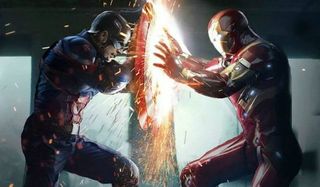
The Blockbuster Is Not Dead
This is without a doubt the most optimistic lesson that we can glean from this summer: the blockbuster is not dead. 2016's blockbuster season peaked early and peaked hard with Captain America: Civil War -- a smart, bombastic thriller that faithfully adapted iconic comic book characters while still feeling grounded in an established, living universe. Civil War went on to attain a 90% "Fresh" rating from Rotten Tomatoes, it garnered well over $1 billion at the global box office, and it was generally considered one of the most enjoyable action films in recent memory. Other recent blockbusters have flagged and faltered somewhat, but Civil War took all of the aforementioned lessons and gave us something pretty close to perfection. Bring on summer of 2017.
Originally from Connecticut, Conner grew up in San Diego and graduated from Chapman University in 2014. He now lives in Los Angeles working in and around the entertainment industry and can mostly be found binging horror movies and chugging coffee.

